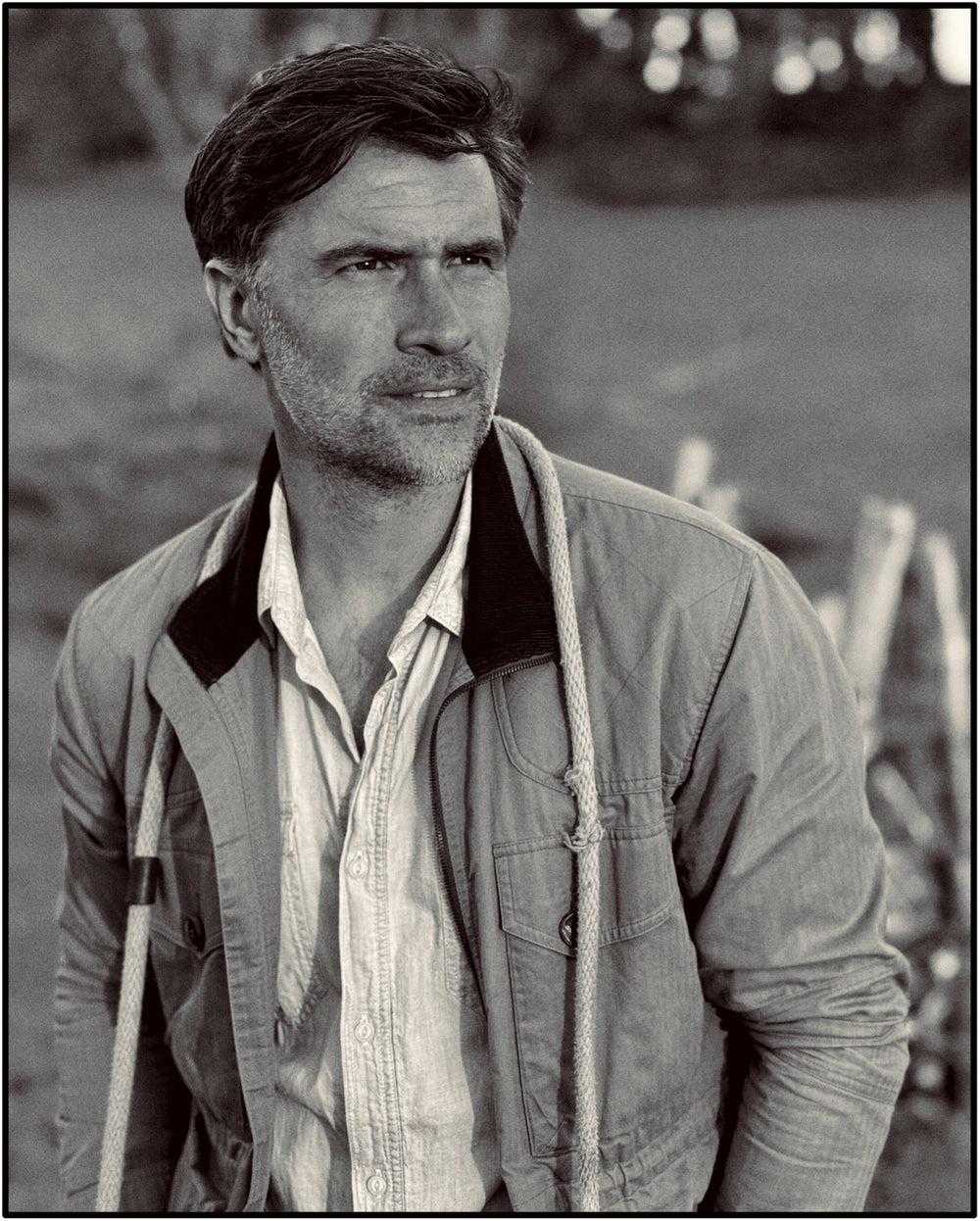Anita Roddick of the Bodyshop said we could be guerrilla activists with our shopping choices back in the 1980s.
Throughout my life, the importance of farmers and the food chain has never been lost. I thought I had a good grasp on the impact of food, not only on our bodies but also on the planet. But then, I read Henry Dimbleby's new book, Ravenous, which completely blew my mind. I can't recommend this book enough - it's brilliant and shocking.
One anecdote that stood out was when Dimbleby's daughter asked him if he had always been chubby. It's a tricky question, but it highlights a growing societal problem. According to Dimbleby, 28% of us are clinically obese - a staggering increase from just 1% in 1950. The rise of supermarkets, food giants, and fast-food chains has created a formidable machine from which we struggle to break free.
What's alarming is that most of us are unaware of the invisible enemy controlling our eating habits. Much of our food is produced, processed, marketed, and sold by a dystopian system that we can't see. Look at the ingredients in your food, and you'll be shocked by how many unrecognizable additives are lurking inside. The same can be valid for the cosmetics industry. Even natural-sounding ingredients, like rapeseed oil, are often highly processed. Highly processed foods comprise 57% of our diet - a higher proportion than in any other European country. And the consequences are dire - studies have linked ultra-processed foods to various health issues, including cancer, depression, and cardiovascular disease.
But it's not just our health at risk - the planet is also suffering. Agricultural land in the UK is in a sorry state, and the vast majority is used for feeding and rearing livestock. If we want to reduce the loss of wildlife across the countryside, we need to free up land and improve habitats whilst investing in better farming techniques, like vertical farming. Dimbleby isn't calling us all to go vegan, but reducing our meat and dairy intake could make a huge difference. If everyone in the UK reduced their intake by one-third, we could free up around 20% of our farmland.
It's clear that action needs to be taken, and Dimbleby's food strategy for the nation was a step in the right direction. However, the limited progress since its publication is distressing. But don't lose hope - Ravenous provides a roadmap to avert this crisis. It's a fascinating read, and Dimbleby's insights are invaluable. Now, is it up to the government to tackle the machine harming our bodies and the planet, or do we, as consumers, vote with our spending power.
Be great to hear your thoughts. The link to the book can be found here.
James

How 'Ravenous' by Henry Dimbleby Inspired Me to Rethink Food Culture
The farmers and food chain have had an immense effect on my life. Reading Henry Dimbleby's book, Ravenous hit me for 6. The government needs to take action to tackle "the machine" and create change.
Build your DAILY RITUAL
The BAZ & CO Christmas Gifting Guide: Naturally Effective Skincare Gifts for Men
Simple. Natural. British. Sustainable. And genuinely useful. These formulas aren’t gimmicks or one-time novelties — they’re everyday upgrades he’ll appreciate. Whether you’re shopping for your partner, brother, dad, friend or Secret Santa, BAZ & CO makes gifting for men easy.
Read article


